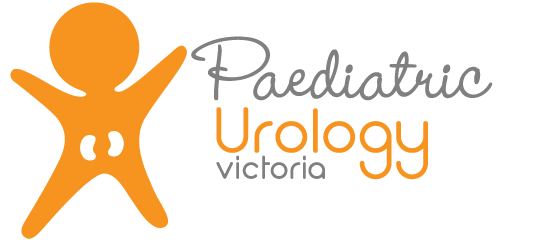What is a Paediatric Continence Physiotherapist?
Paediatric Continence Physiotherapists specialise in treating conditions including:
- Constipation
- Faecal incontinence or soiling
- Failure or difficulty toilet training for either bowel or bladder
- Toilet refusal
- Urinary incontinence (day wetting)
- Urinary urgency and frequency
- Dysfunctional voiding
- Urinary retention
- Recurrent urinary tract infections
- Bedwetting
- Pain related to bladder, bowel and pelvic floor
Our Continence Physiotherapists offer highly skilled assessment using state of the art equipment to help determine underlying causes and contributing factors to your child’s condition. They work closely with parents, carers and other health professionals to provide quality and sensitive care to each child and their families.
How Can a Continence Physiotherapist Help with my Child’s Bladder or Bowel Concern?
Based on a detailed assessment, your Continence Physiotherapist will offer a tailored treatment program that is unique to your child.
A treatment program may include:
- Comprehensive education on your child’s condition and contributing factors
- Advice on laxatives (if applicable)
- Toileting program
- Teaching correct toileting technique
- Strengthening and/or relaxation exercises
- Diaphragmatic breathing
- Bedwetting alarm program
- Neuromodulation (TENS, Interferential)
We can also liaise with your child’s kindergarten or school to develop a continence care plan if required.
What Does an Appointment Typically Involve?
During your appointment, your Physiotherapist will take a detailed history including questions about your child’s bladder and bowel function. In order to develop the most appropriate treatment program for your child, the following assessments may be suggested by your Physiotherapist:
- Observing your child’s general posture, flexibility, spine, and tummy areas
- Palpating (lightly pressing) the tummy or external pelvic muscles
- Completing diaries or questionnaires
- Realtime ultrasound
- Uroflowmetry (flow meter in the toilet when urinating)
While these assessment tools can be very useful, sometimes they can seem daunting to your child, especially in a new environment. Each assessment should not cause any discomfort to your child and we will strive to make their experience as positive as possible. I have included more information on the assessment tools below.
It can be useful to discuss these ahead of time with your child, but as always, we don’t have to complete any of these if you child is not comfortable.
Bladder and Bowel Diaries
You may be asked to complete a diary to help gather information on your child’s bladder and/or bowel function. You can complete this prior to your appointment if you have time. Please read the instructions carefully to ensure it is done correctly.
Real time Ultrasound
Your Physiotherapist may offer to assess your child’s bladder, bowel and pelvic floor function using a real time ultrasound machine. This is performed externally on the lower abdomen with ultrasound gel and typically takes no longer than 5 minutes. To get an accurate picture of your child’s bladder and bowel, it’s required to have some urine inside the bladder. For this reason, we ask that you avoid emptying the bladder prior to your appointment or make sure to drink some fluid immediately after going to the toilet.
Here is a link that helps to explain the process of having an ultrasound for your child:
https://www.rch.org.au/be-positive/A_childs_guide_to_hospital/Ultrasound/
Uroflowmetry
A uroflow machine can also be used during your child’s appointment to gather useful information about bladder function. A uroflow measures the flow of urine, including flow rate and volume, during bladder emptying. Your child will be asked to empty their bladder as normal, in a private toilet that has the uroflow machine attached and this will send the data to an external computer.
How Often Will I Need to see the Continence Physiotherapist?
Treatment timeframes can vary considerably between children, but regular review is often required to deliver optimal care and provide ongoing support. The frequency of follow-up reviews will depend on your child’s specific progress and goals, which will be discussed by your Physiotherapist during your appointment.
An initial assessment will take 60 minutes and a follow-up review is 30 minutes. The initial assessment can be split into 2 x 30 minute sessions if you prefer and telehealth is also an option.
